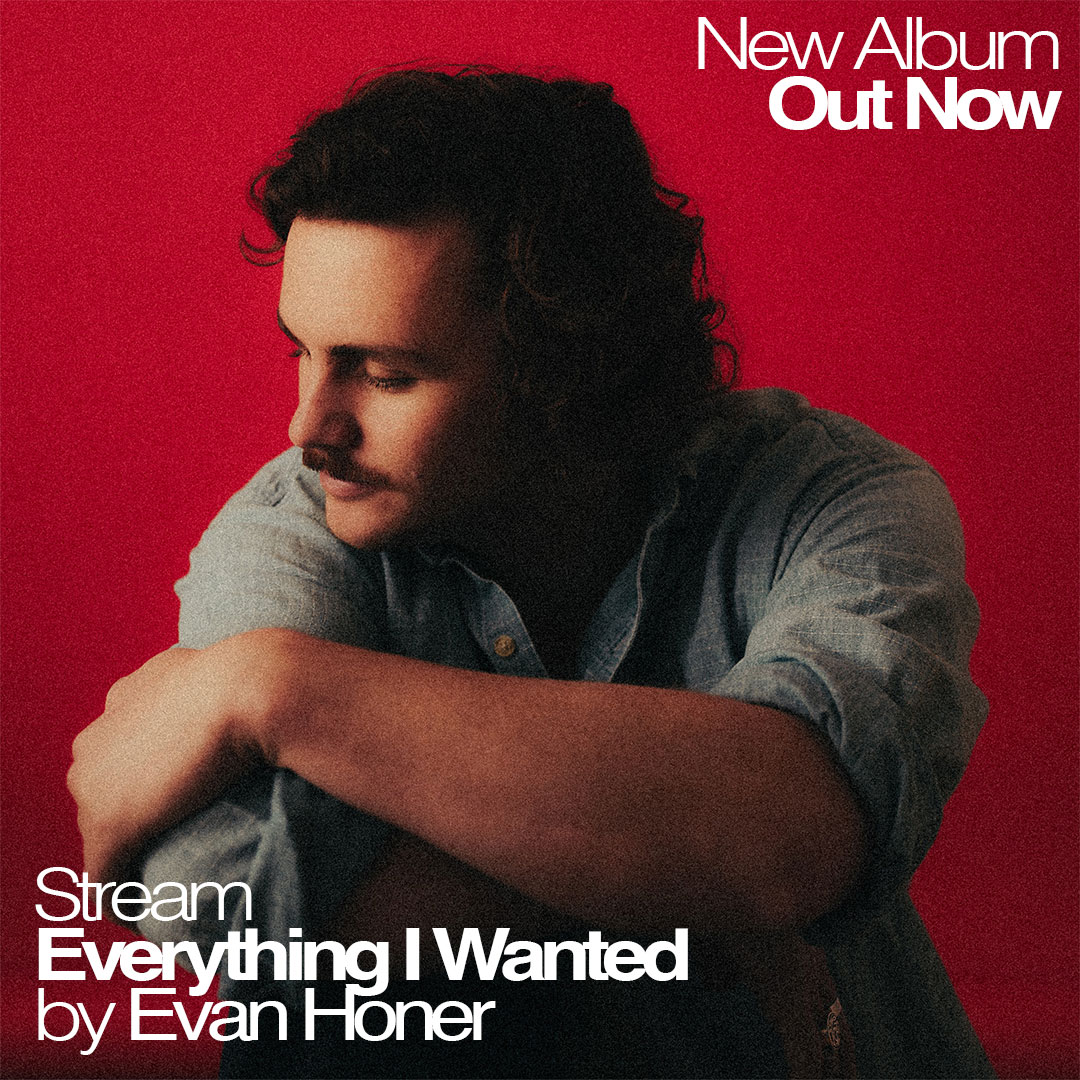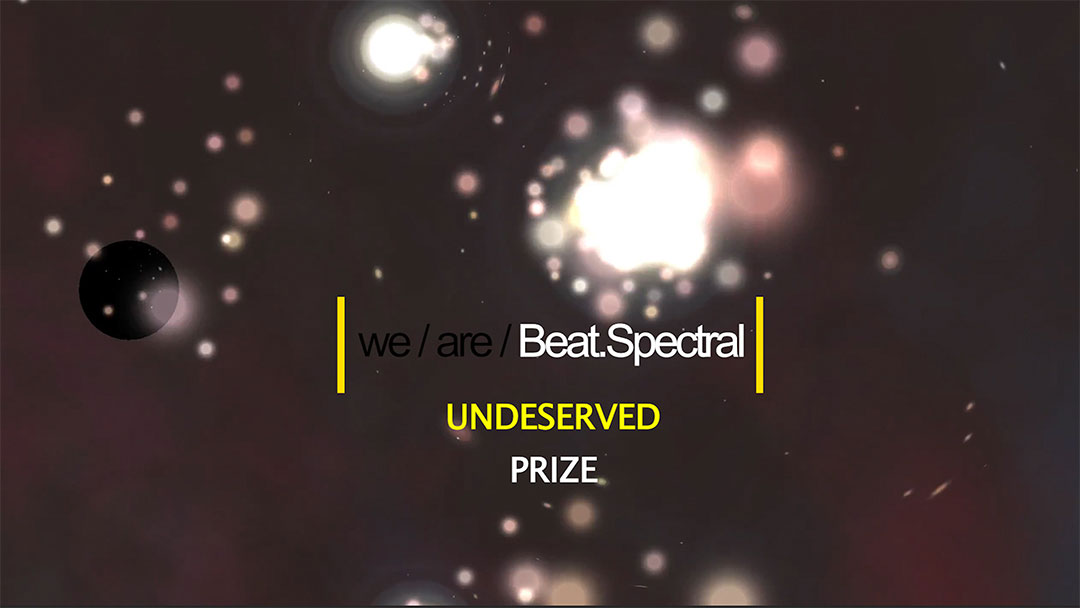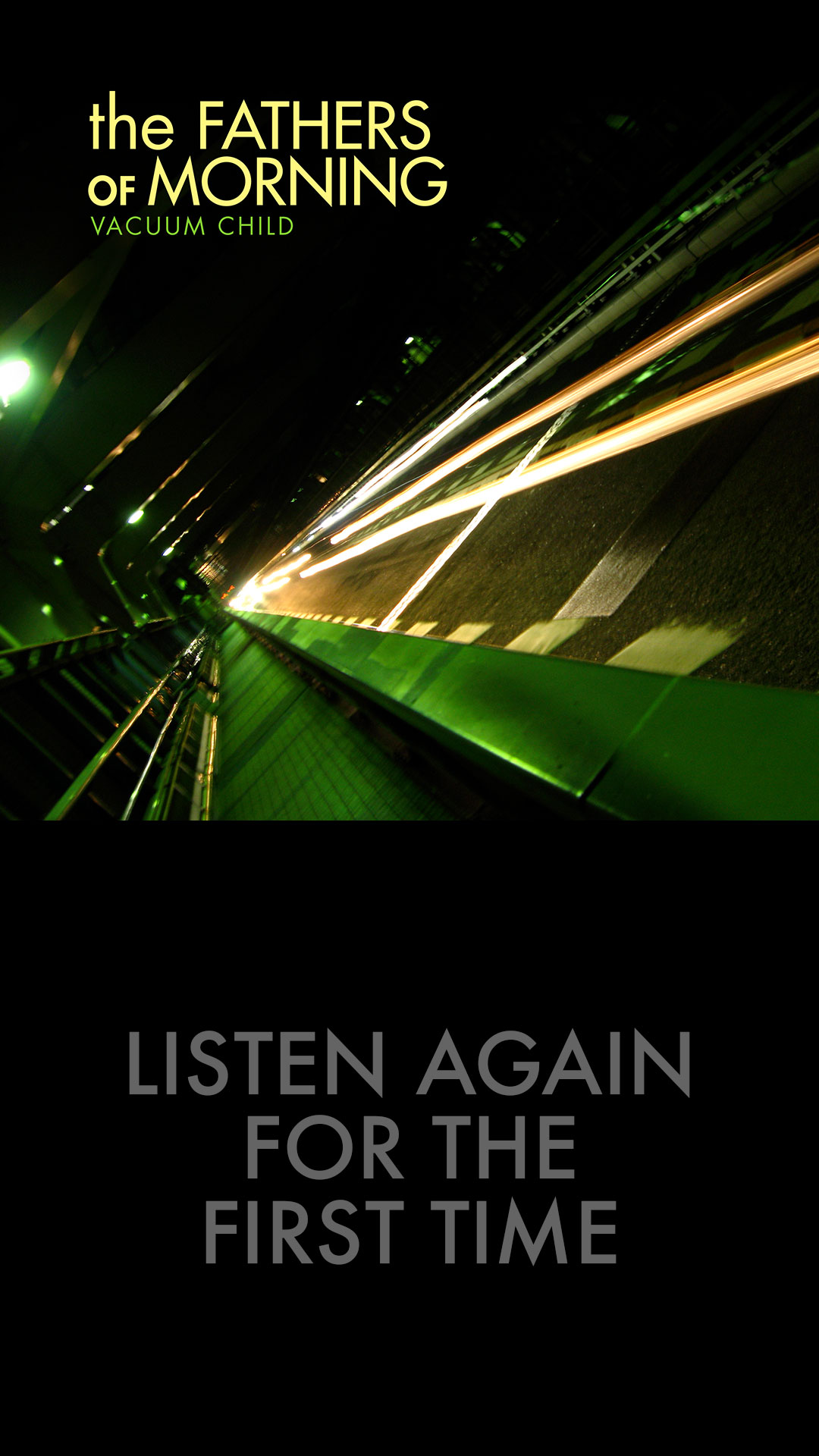
A lot can happen in a half-dozen years. For pedal-steel journeyman Robert Randolph, it was long enough for him to take a break from the Family Band and rethink his approach. After 17 years, six studio albums and four Grammy nominations, Randolph, it seems, was still chasing after that “sound I’d been hearing in my head.” To flesh it out, he assembled guitarist Tash Neal (Lenny Kravitz, Slash), bassist Jay White (Michael McDonald, Macy Gray) and drummer Willie Barthel (Dave Matthews, Zac Brown), road-tested his new group, then headed into the studio with producer Shooter Jennings. The new Preacher Kids (Sun) also features guest vocals from Margo Price and Judith Hill. More importantly, it signals a swampy, sinewy, locked-in new direction for Randolph and his sacred steel.
Did Randolph find what he was looking for? MAGNET’s Hobart Rowland found out.
Preacher Kids is your first album in six years. Give us a quick rundown of what you’ve been up to since 2019’s Brighter Days?
We got a Grammy nomination for that record, and then COVID happened. Coming out of the pandemic with the Family Band, my cousin (Marcus), the drummer, got really sick. He’s actually on his second round of kidney dialysis, so it’s kind of a rough thing. I reached out to this different group of guys, and we developed this whole new camaraderie and edginess. Jay and Tash are great singers as well as great solo players—and we have this new sort of rock, blues and funk aggression that kind of just fits, you know. We were playing shows, and then we went on tour with the Zac Brown Band for almost a year. We decided to keep it going.
And apparently, you have a lot of music you want to get out there.
I wound up recording three different records—40 or 50 songs. We were able to record so many different songs, where we finally said, “OK, this group fits for this album, and we’ll see what’s for the next one.” But the old idea of, “Hey, we have this record, and now we go on tour for a year … Everybody’s attention spans are so short. By the time they click on something a week later, they’ve already downloaded 20 other records. Nobody really knows what it all means. The key is to just keep releasing music to the fan base.I remember my aunt telling me about all those 45s—Motown stuff, especially Stax. Every week, there would a new 45, and she and her friends had a couple of dollars and would go buy them. They were releasing music like crazy. That’s kind of like what’s happening now. It’s a digital version of that, you know.
Do you make albums with vinyl in mind?
You know what? I didn’t. But that’s the great thing about working with Shooter Jennings, because he really stressed what it means to have an a-side and a b-side. I guess I get it now, you know.
Jennings has been a hot commodity as producer these days. How did you link up with him?
I’ve known Shooter for about 20 years. We’d always wind up at the same bar in Nashville or Los Angeles. A lot of people think he’s this country guy, but it’s outlaw country, outlaw-ish blues, rock—more like Southern rock … Allman Brothers, the Stones, Bo Diddley, even Muddy Waters. A neighbor came to my house one day and he gave me this record. He was like, “Man, you need to make a record that sounds like this.” It was the Yelawolf record Shooter worked on. And I was like, “You know what? I’ve been thinking about calling him. Let me text him right now.” He responds like, “I’d love to get together and work on some stuff.”
Preacher Kids was recorded at Sunset Sound Studios in Los Angeles and Zac Brown’s Southern Ground Studios in Nashville. What was the vibe like during the sessions?
It was so relaxed. Shooter really understands how everybody is sort of special. He works with Charley Crockett, who comes in with these ideas on acoustic guitar, and they just get a bunch of great players in the studio and create these Charley Crockett ideas. A lot of my ideas come from just jamming. I spent some time with (legendary producer) Eddie Kramer, and he explained to me that this is how Hendrix and Zeppelin and all these guys came up all these songs. These guys would just jam, and he’d just roll the tape. Shooter really understood that vision—and that’s how we came up with all these ideas.
You’ve always been so adept at balancing the spiritual and the secular. Where does Preacher Kids fall on that continuum?
The older you get, you realize spirituality is about being in the right frame of mind. If you’re not in the right frame of mind, you can’t have any connection with any higher spirit. Preacher Kids isn’t just about us. All these artists have come out of the church. It’s like we’ve all had the same lives, the same sort of scrutiny—or whatever you want to call it. But we share the same vision of taking these sounds we grew up with out of the church and kind of expounding on them in a secular sense.
Final question: Did you nail that sound in your head?
We definitely nailed it. The main thing for me was to have this other guitar player—not just a side guy—so I could expand on all these other sounds the pedal steel gives off. Tash really brings it to a whole other level. When you have another kick-ass guitar player, it’s true to blues and rock. You really can’t replace that, you know.
See Robert Randolph live.














